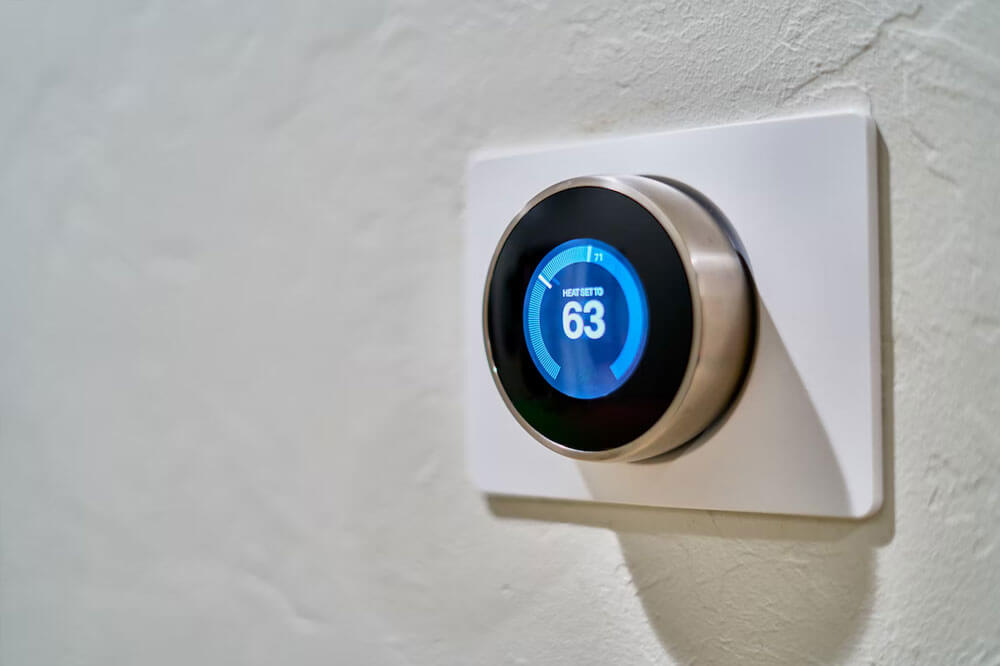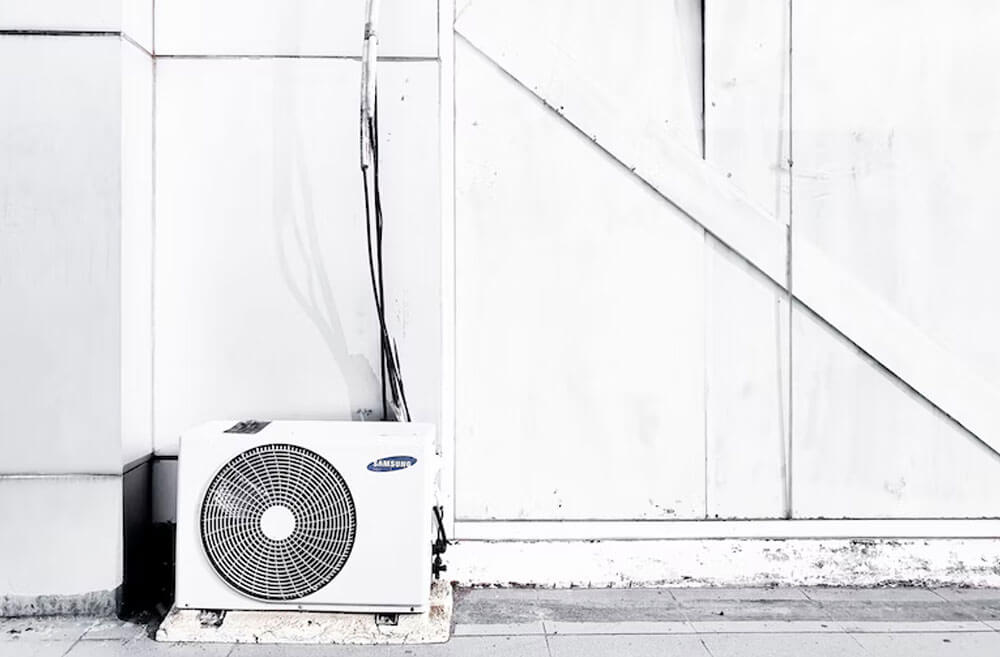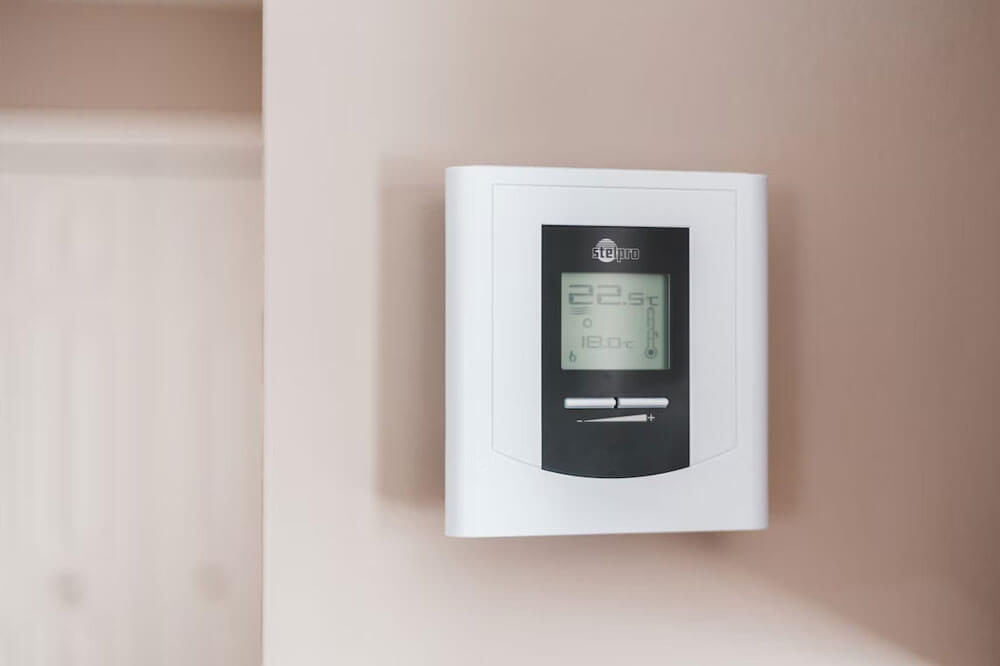Old air conditioning units can break down for several common reasons—find out what to do when it happens.
Air conditioners help by removing humidity from the air and keeping different spaces nice and cool. Most of us use our air conditioners regularly throughout the year, which means these systems can get quite a bit of use. As time passes, regular use will often lead these machines to break down. When this happens, you might wonder if you should repair your system or outright replace it.
In this post, we will take a look at when you should repair your A/C unit and when you should just replace it instead.
Replace or Repair: How to Handle Your Old A/C Unit
An air conditioner can break down for a lot of reasons, and the severity of the problem can vary. There are many pieces at work in an air conditioner, making it difficult to know when something can be repaired and when it isn’t actually worth the effort to repair it. Consider the following.
When Should You Repair an Old Air Conditioner?
The main reasons that most people choose to repair old air conditioning units are because they are hoping to save money or because a full replacement really isn’t necessary.
If you are looking to spend as little as possible, repairing a unit is often a good idea. In general, a repair will be cheaper than an outright replacement, even for some fairly significant problems.
Of course, sometimes it is better to repair an A/C unit because the unit really isn’t badly broken. Some small repairs can be fixed in no time, allowing you to keep your system for a while longer.
When Should You Replace an Old Air Conditioner?
Replacing an air conditioner may seem like a last resort, but sometimes it really is for the better. If your unit is severely broken or experiencing a lot of wear and tear, it may be best to replace the entire unit rather than risk it breaking again sometime soon.
A failing system is a good reason to replace the unit, but you may also want to replace it for a better experience. New air conditioners can provide a more efficient system, higher air quality, and may even help you to lower your monthly cooling costs.
The Takeaway
Before you decide if you want to repair or replace your unit, the best thing you can do is get an expert opinion. When you need A/C repair, Denver has experts who are more than happy to help. We can inspect your system, identify problems, and help you to decide if you would prefer repairs or a replacement. No matter what you decide, we will support you through the next steps and make sure your home is nice and cool when you need it to be!





